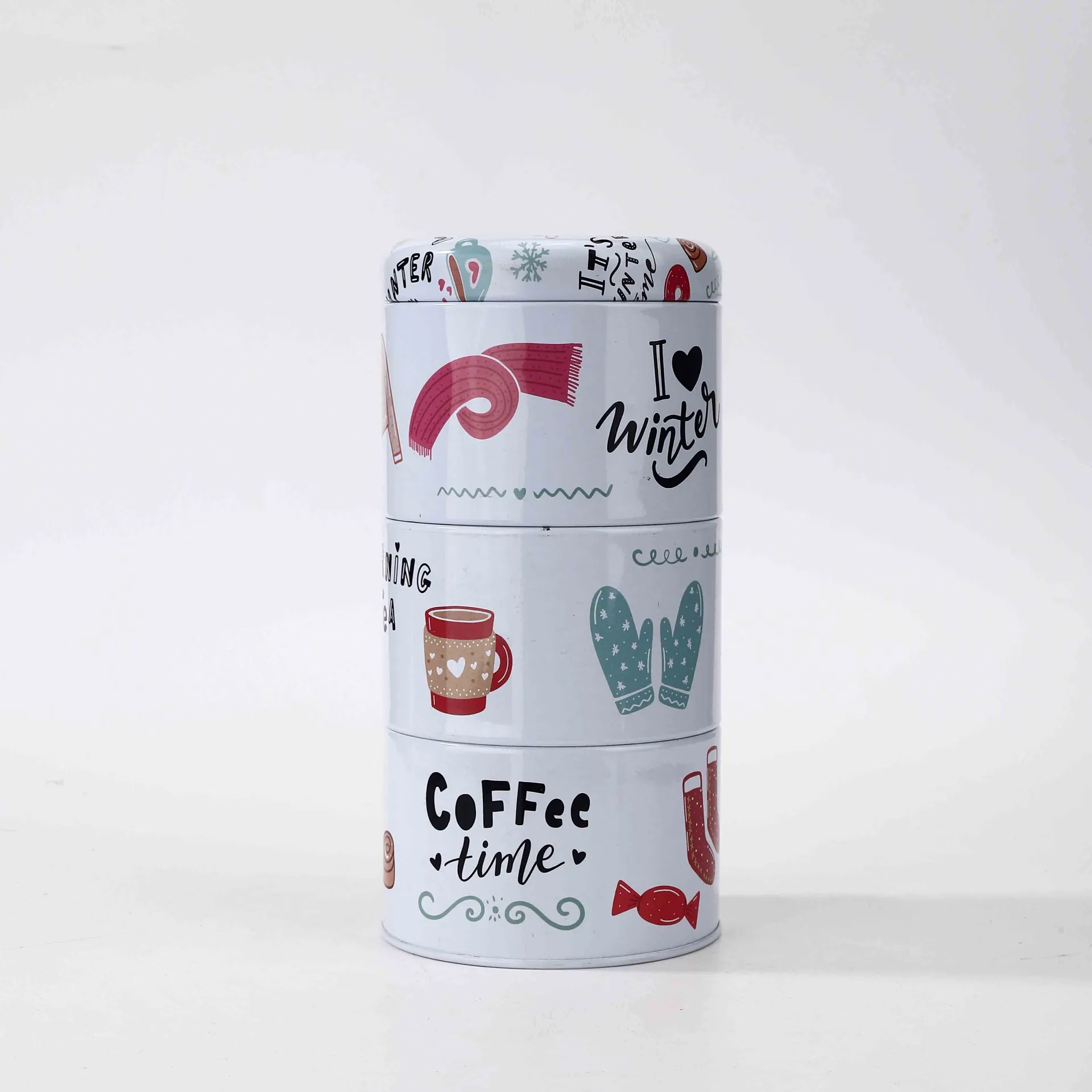Septemba . 28, 2024 19:21 Back to list
Innovative Tin Can Solutions for Olive Oil Production and Packaging Industry
The Future of Olive Oil Packaging Tin Cans for Sustainability
In recent years, the olive oil industry has faced significant challenges, from balancing quality to addressing environmental concerns. As consumers become more conscious of the impact their choices have on the planet, olive oil producers are seeking innovative solutions to meet both expectations. One such solution that is gaining traction is the use of tin cans for packaging olive oil. This article explores the benefits of tin cans for olive oil factories, focusing on sustainability, preservation, and consumer appeal.
Sustainability A Green Choice
In an era marked by increasing environmental awareness, the olive oil industry must adapt to eco-friendly practices. Traditional glass bottles, while elegant, have substantial environmental footprints due to their weight and the energy required for production and transportation. Conversely, tin cans are lighter, reducing fuel consumption during shipping. Moreover, they are fully recyclable and can be repurposed multiple times without degrading in quality. This aligns with the principles of a circular economy, where materials are reused to minimize waste.
Packaging olive oil in tin cans also helps reduce the carbon footprint of production. The production process for tin cans is energy-efficient, and due to their durability, they are less likely to break during transit. This presents a lower risk of product loss and waste, aligning with sustainability goals that many olive oil brands are striving to achieve.
Preservation of Quality
Olive oil is a perishable product that can be adversely affected by light, temperature fluctuations, and exposure to air. Unlike transparent glass bottles, tin cans provide excellent protection against light and oxygen, which can cause oxidation and spoilage. The opaque nature of tin means that olive oil retains its vibrant flavors and health benefits for longer periods. This is especially crucial as consumers are increasingly looking for high-quality, fresh products.
Furthermore, tin cans can be lined with food-grade coatings that prevent the oil from interacting with the metal. This ensures that the taste and quality of the oil remain intact. The extended shelf life of olive oil in tin cans can help producers reduce waste and enhance consumer satisfaction, leading to increased loyalty and repeat purchases.
tin cans for olive oil factory

Consumer Appeal
The packaging of food products plays a significant role in consumer choices. Modern consumers are not only concerned about the product itself but also about how it aligns with their values. The use of tin cans can be a selling point, highlighting a brand's commitment to sustainability. As more consumers seek eco-friendly options, olive oil brands that adopt tin can packaging can differentiate themselves in a crowded marketplace.
Additionally, tin cans are often designed to be more user-friendly than glass bottles. They can be easily opened and resealed, allowing for better portion control and convenience. This consideration for consumer needs can lead to a more positive experience and increased sales.
Challenges and Future Directions
While the benefits of tin cans for olive oil packaging are clear, there are challenges to overcome. Some consumers may initially be reluctant to embrace tin cans due to traditional perceptions. Educating consumers about the advantages of this packaging can help mitigate these concerns.
Olive oil producers may need to invest in new machinery and processes to adapt to tin can packaging. However, the long-term benefits—sustainability, product preservation, and consumer appeal—can ultimately make this investment worthwhile.
Conclusion
In conclusion, the use of tin cans for olive oil packaging presents a promising solution that addresses the pressing issues faced by the industry. By prioritizing sustainability, improving product preservation, and appealing to modern consumer preferences, olive oil factories can not only enhance their brand image but also contribute positively to the environment. As the world continues to evolve towards greener practices, tin cans could very well be the future of olive oil packaging, paving the way for a more sustainable and quality-driven industry.
-
Custom Box Manufacturer & Customized Metal Tin Boxes - Design Your Own Packaging
NewsJun.24,2025
-
Premium Chocolate Rectangle Box – Custom Packaging Solutions & Quotes
NewsJun.10,2025
-
Premium Cookies Box – Custom Tin Box of Cookies Product from Leading Factories Get Quotes Now
NewsJun.10,2025
-
Premium Chocolate Rectangle Box – Custom Design, Bulk Supply & Quotes
NewsJun.10,2025
-
Metal Cookie Box Durable & Customizable Solutions
NewsJun.10,2025
-
Expert Biscuit Box Manufacturer & Supplier Custom Durable Design
NewsJun.10,2025























